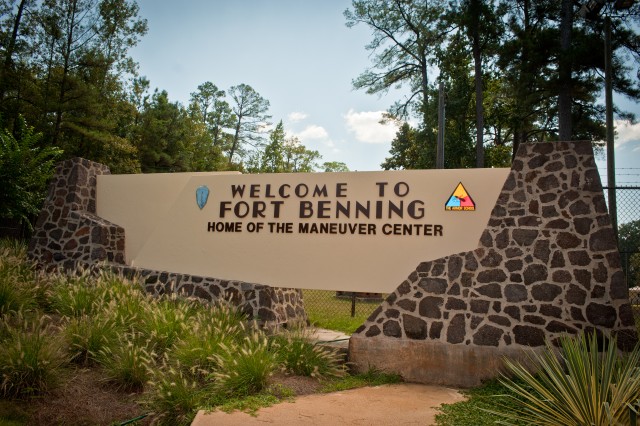
Managing growth at Fort Benning, Ga., was the main subject during a recent meeting between Army officials and its contract partners.
Officials from the Mission and Installation Contracting Command-Fort Benning met with the Fort Benning U.S. Army Garrison's Directorate of Public Works and Tiya Support Services, LLC, a small disadvantaged Native American business, in February to develop a partnering agreement for a contract to provide facilities maintenance and repair at Fort Benning and Camp Merrill, Ga.
They also addressed additional challenges faced by the Fort Benning U.S. Army Garrisons of relocation of the U.S. Army Armor School to Fort Benning from Fort Knox, Ky., and its integration with activities at the U.S. Army Infantry Center and School to establish the U.S. Army Maneuver Center of Excellence.
Approximately 40 people attended the two-day partnering meeting hosted and mediated by Columbus State University's Center for Leadership Development. The center provided training, presentations and team development exercises. Together, all participants developed a partnering agreement that included the vision and goals of the entire team.
"This was very beneficial because team members, both government and contractor, had ownership in the process and commitment to making the agreement work," said Virginia Turner, chief, facilities maintenance for MICC-Fort Benning. "It was worth the time spent in establishing the partnership because of the expected benefits of improved contract administration for a very complex effort."
Activated in October 2010, the U.S. Army Maneuver Center of Excellence is expected to reach full operating capability in September 2011, making Fort Benning responsible for training more than 52 percent of the entire Army as warfighters.
Officials at the MICC-Fort Benning said the contractor's responsibilities are closely connected with the MCoE mission to train the warfighter.
The formal agreement developed in this initial meeting resulted in a process for resolving problems at the lowest level possible to achieve effective and efficient administration of a very complex requirement.
Due to the success of this process in the first contract effort, Directorate of Public Works officials wanted to establish a partnering agreement with its new contractor, TIYA, in an effort to provide a seamless transition from one contractor to another, and to continue facilitating the administration of the contract and ensure mission success again.
"The best part of the meeting was the discussion where the air was cleared," said Kirk Ticknor, chief, operations and maintenance, DPW of the relationship between the government and contractors. "The partnership meeting allowed all team members to address all issues in an open forum."
David Peckham, the Tiya program manager, said the Fort Benning contract is a bit unique in that it involves a contactor assuming the prime role and the previous contractor assuming the role of a subcontractor.
"Because of the size and diversity, I felt that a partnering session to meld the various entities would be very beneficial for all concerned, and fortunately our government partners were of the same mind and, in fact, the initiators of the concept," Peckham said. "All in all the partnering session was a very worthwhile and rewarding experience."
At the end of the partnering session, a formal document was produced that listed the values and behaviors expected by every team member. Communication, trust, teamwork, commitment and planning were identified as the significant values with each associated and specific behavior identified.

Social Sharing